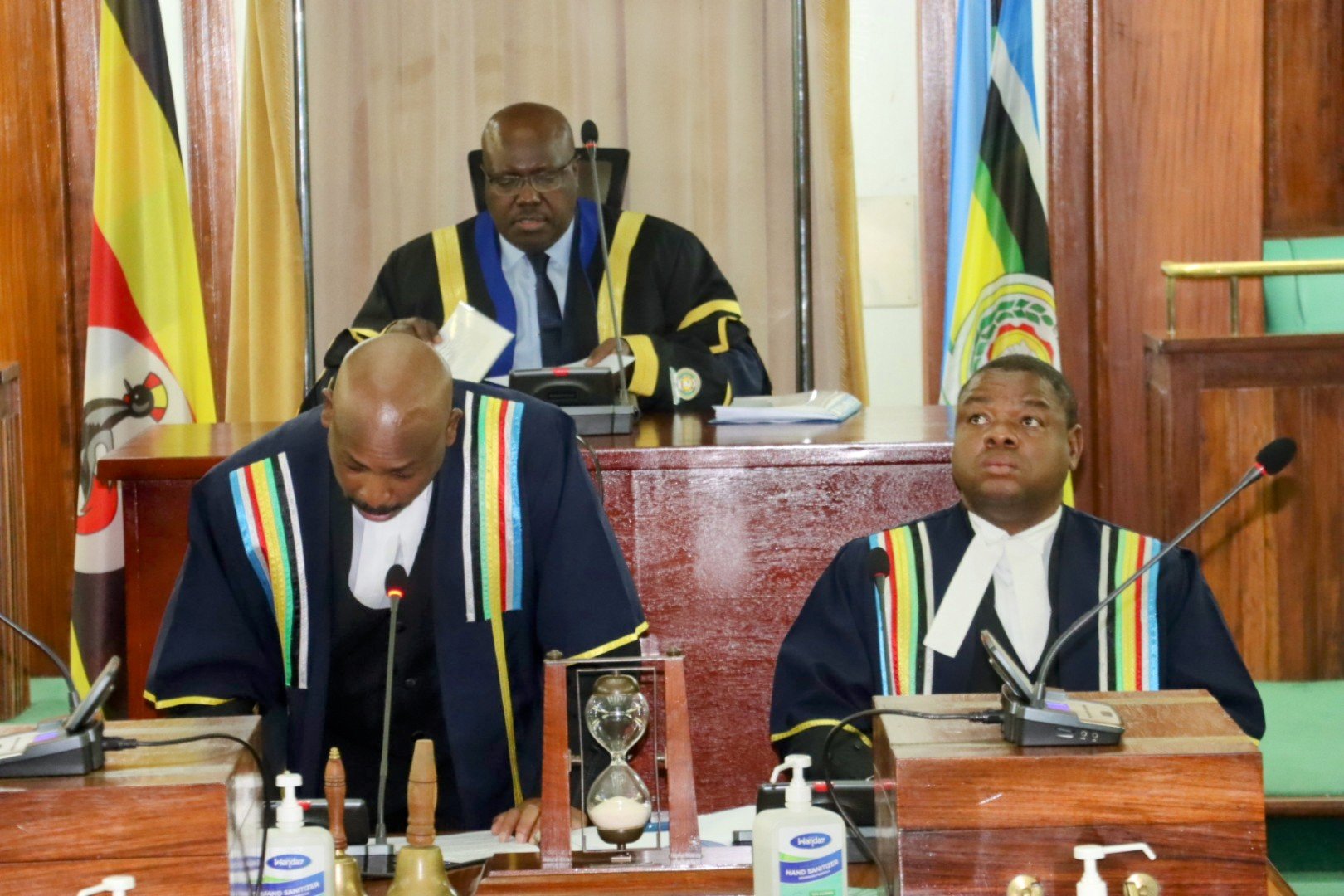Despite initial concerns that a serious financial crisis would cause months-long delays in regional legislative work, the East African Legislative Assembly (EALA) has begun its regular operations.
Members of the Assembly **reversed an earlier decision made on April 29, 2025*, in Kampala, to defer scrutiny and adoption of the EAC Supplementary Budget due to lack of money in a significant turn of events on *June 3, 2025, when they conducted a virtual sitting.
This action comes after EALA Speaker Joseph Ntakirutimana vehemently refuted rumors that the Assembly was suspending its calendar in a statement released in February 2025.
Despite the Assembly’s severe financial difficulties at the time, he gave the public his word that all meetings and events would go forward as scheduled.
The EALA Commission and committee heads met on *February 6* to consider how to manage the matter, which caused the initial uncertainty.
The EAC Council of Ministers called an emergency meeting on May 29 to break the deadlock, and they decided to borrow US$660,690 from other EAC institutions and organs so that the Assembly could meet and discuss important financial legislation.
Additionally, they urged the Assembly to use its Rules of Procedure’s Rule 10(5a), which permits virtual sessions under special conditions.
EALA members voted to revoke the April ruling that had temporarily put a stop to budget-related procedures during the virtual session that was resumed.
The EAC Supplementary Appropriation Bills 2025 (No. 1 and No. 2) were then received by the House and referred to the General-Purpose Committee for additional consideration.
The EAC Customs Management (Amendment) Bill, 2025, and the EAC Seed and Plant Varieties Bill, 2025, were introduced for first reading in addition to budget bills. These were sent to the appropriate sectoral committees for thorough examination and stakeholder engagement: Communications, Trade, and Investment; Agriculture, Tourism, and Natural Resources.
In subsequent sessions, the committees are anticipated to present their conclusions and conduct public hearings.
Several MPs expressed their worries about the *recurring issue of delayed contributions by Partner States*, which continues to impede the effective operation of the EAC, while also applauding the Council of Ministers for stepping in.
Article 146 of the EAC Treaty, which imposes penalties on member states that default on their financial commitments, was used by several.
The Assembly adjourned, and the Clerk’s Office will announce the next meeting date. In order to realize the EAC’s common goal of a prosperous and united East Africa, the leadership reaffirmed EALA’s dedication to further regional integration through representation, oversight, and legislation, highlighting the necessity of financial stability.
